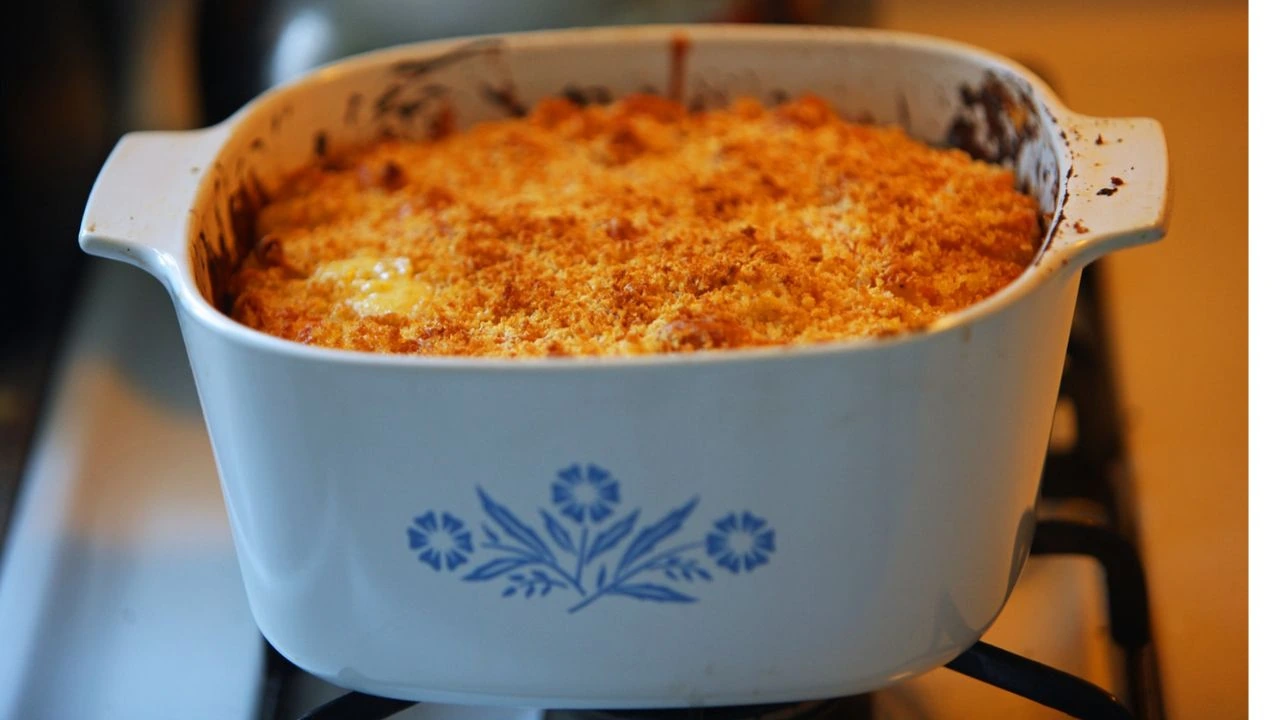As a lover of K-drama, I always get excited when ramyeon or noodles are cooked in a series. There is nothing more calming than a large bowl of homemade chicken noodle soup to make me enjoy my series. But, can you freeze homemade chicken noodle soup?
The rule of thumb is to always finish one bowl of noodles at a time, but what happens when you are left with excess or even leftovers? Can you freeze them? The answer is yes; you can freeze it, and it stays in the freezer for around 3 months. Isn’t that some good news? In this article, we discuss how to freeze homemade chicken noodle soup, how to defrost it, and provide you with tips to ensure you freeze it for the best results. Let’s get into it.
What Is Chicken Noodle Soup?
Chicken noodle soup is a comforting and classic dish that is enjoyed any time of the day. The soup is typically made of noodles cooked with chicken, broth, eggs, and vegetables like carrots. This dish is made classic by having the liquid from the chicken broth visible. One can easily scoop soup and enjoy it, especially on cold days. To enhance the taste of chicken noodle soup, spices like pepper, salt, and vegetables like celery, onions, and herbs are also added.
You could also check out: Can You Freeze Chicken Broth
How To Freeze Homemade Chicken Noodle Soup
To answer the question of whether you can freeze homemade chicken noodle soup, here’s a step-by-step guide on how to freeze it successfully. However, it is important to bear in mind that you cannot freeze the noodles but can only freeze the base of the noodles (the liquid). This way, you can always use the base of the soup to prepare a fresh packet of noodles. Here’s how to freeze your homemade chicken noodle soup:
STEP 1: Allow the Soup to Cool
After preparing the base of the noodle soup, allow it to cool completely before freezing. You do not want to freeze a hot or warm soup, as this will affect the quality of the soup after some time.
STEP 2: Divide into Portions
Spoon out the desired portion of the chicken noodle soup you want to freeze. This way, when you are ready to eat it again, defrosting will be easy for you since you only need to take out the desired portions.
STEP 3: Choose Containers
Next, place the portioned chicken noodle soup into an airtight container. Alternatively, you can use freezer bags, but the best option is airtight containers because of the liquid nature of the soup. Ensure that you do not fill the chicken noodle soup to the top of the container, always leave space for expansion while in the freezer.
STEP 4: Label and Freeze
After filling containers with chicken noodle soup, close the lid tightly and firmly. Label the containers with the storage date using a marker pen and place them in the freezer for about 3 months.
How Long Can You Freeze Homemade Chicken Noodle Soup?
You can freeze homemade chicken noodle soup for around 3 months in the freezer.
We recommend that you do not add noodles to the soup, as over time, the noodles become soggy and mushy while freezing. Additionally, it is best to consume chicken noodle soup within the first month, as the chicken in the soup becomes too soft and unpleasant.
4 Tips For Freezing Homemade Chicken Noodle Soup
The question of whether can you freeze butternut squash soup has been answered; to ensure it freezes successfully, follow these tips below:
TIP 1: Allow homemade chicken noodle soup to cool off before packaging.
TIP 2: Consider dividing the soup into smaller portions for easier freezing and thawing.
TIP 3: Leave space for expansion while filling the container with soup; do not fill it to the top.
TIP 4: Consider adding cling film to the top of the container before closing the lid.
TIP 5: Once you are done packaging chicken noodle soup, label the container with the storage date before placing it in the freezer.
How Do You Defrost Homemade Chicken Noodle Soup?
When you are ready to defrost homemade chicken noodle soup, the best way to do so is by transferring the container from the freezer to the refrigerator and letting it defrost overnight. Alternatively, you can also defrost homemade chicken noodle soup in a warm water bath. Let the bowl of noodle soup sit for 30 minutes and change the water between intervals till it is well-defrosted.
How To Tell If Your Frozen Homemade Chicken Noodle Soup
A way of telling if your homemade chicken noodle soup is bad is through sight and taste. To tell if your soup has gone bad, you should watch out for the following signs and throw it out immediately if visible.
- Sour taste
- The appearance of molds
- Sour smell
- A wet and slimy texture
Can You Refreeze Homemade Chicken Noodle Soup?
Refreezing homemade chicken noodle soup is not advised. The reason is that noodle soup contains chicken, which should not be refrozen. Refreezing food containing meat or chicken leads to bacterial growth and is therefore unsafe to eat.
Does Homemade Chicken Noodle Soup Freeze Well?
Homemade chicken noodle soup freezes extremely well, provided that you do not add noodles to the soup when preparing it. Because if noodles are added to the soup, it becomes too soft and soggy. Therefore, it is best to freeze only the base of the chicken noodle Soup.
Conclusion
We hope this article on Can you freeze homemade chicken noodle soup? answers your question. Homemade chicken noodle soup can be frozen and kept in the freezer for around 3 months. However, we recommend packaging noodle soup properly to keep it from going bad while in the freezer. We hope you found this article helpful.
You could also check out: Can You Freeze Cream of Chicken Soup?
FAQs
Can you freeze homemade soup that has noodles in it?
Regrettably, you should not freeze homemade noodles. If you do this, your noodles will become soggy when you defrost them. You should only freeze homemade soup and add noodles when you want to cook them.
What is the best way to freeze homemade chicken noodle soup?
To freeze homemade chicken noodle soup, first, allow the soup to cool completely before portioning it into freezer bags or airtight containers. Push the air out of the freezer bag and add a layer of cling film to the container. Seal and close the bag and container. Label the container or bags and place them in the freezer for about 3 months.




